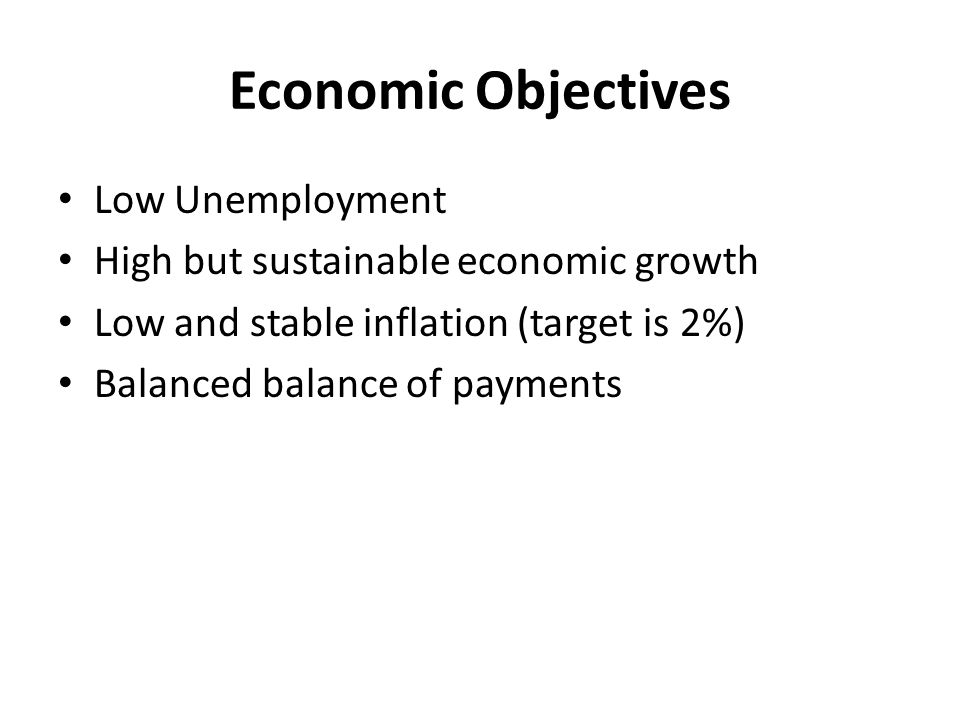
Palma, Pedro A. and Fontiveros, Domingo (1986) Viability of Growth with Low Inflation In Latin America. An Econometric Study of the Venezuelan Case. Caracas: MetroEconómica.
During the early 1980s, it became common to assert the need for economic policies designed to bring the Latin American countries out of their prolonged recession, but avoiding the generation of additional inflationary pressures. One of the recommendations was to implement a generalized increase of salaries in order to raise internal demand and thus stimulate production, finding a way to prevent the transfer of higher labor costs to final prices. In order to achieve this the government might provide low interest loans for the amount of the increase in salary bills, or to subsidize interest costs if these loans were channeled through commercial banks to the private firms that raise wages. Such credit facilities would offset the immediate impact of increased salaries on costs; as a counterpart benefited firms would commit themselves not to pass the labor cost increase along to prices.
This paper analyzes the effects of the implementation of a policy of that kind on the Venezuelan economy, through the simulation of two alternative scenarios with the help of the MODVEN VI econometric model, developed by the authors and frequently used in MetroEcon6mica’s forecast exercises.
This paper was presented at the Seminar «Policies for Growth Without Inflation in Latin American” held on May 9, 1986 at The Wharton School of the University of Pennsylvania. Philadelphia.
